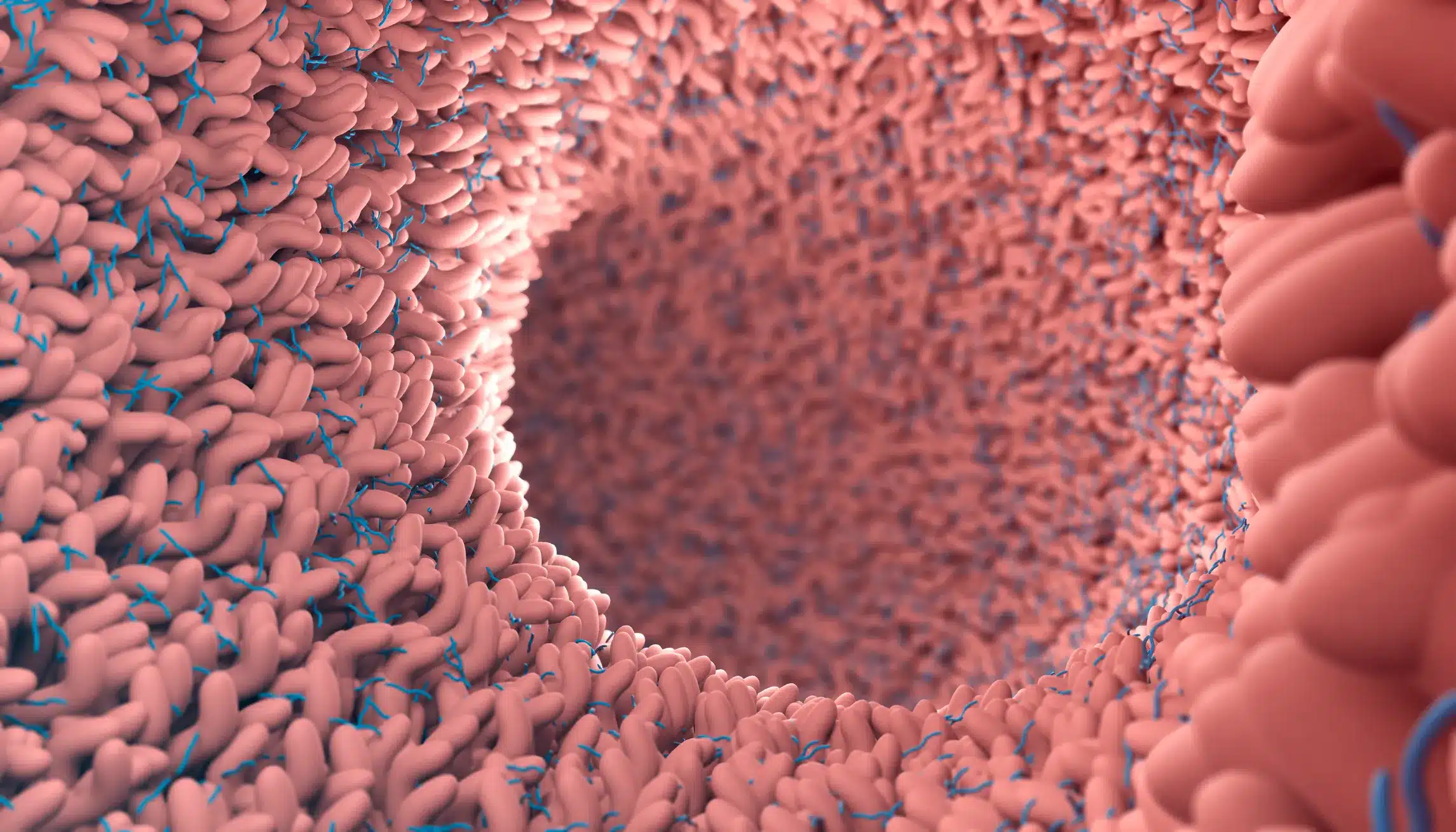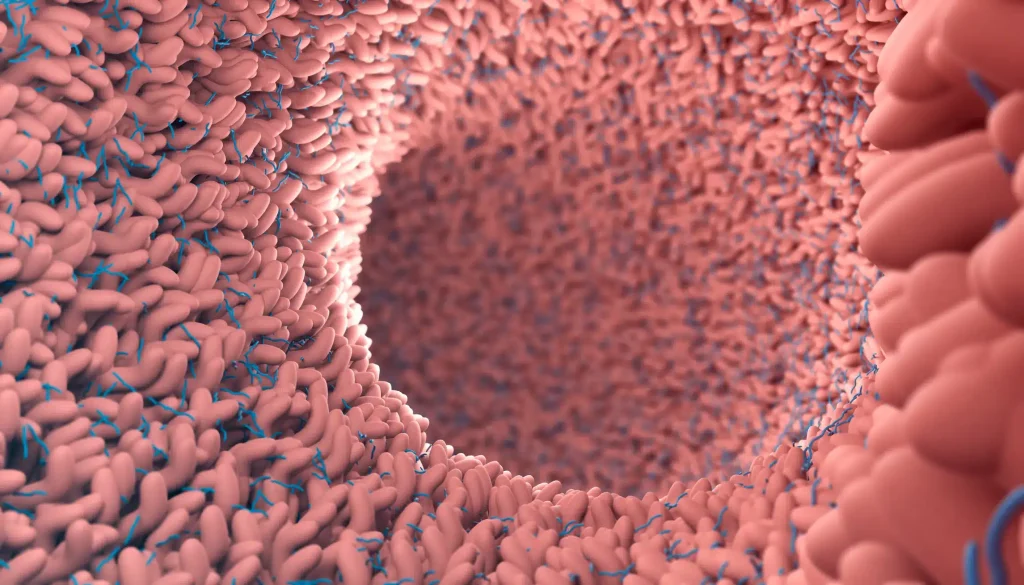Chronic abdominal pain, bloating, early satiety, and changes in bowel habits are common symptoms of functional gastrointestinal (GI) disorders. Emerging research indicates these symptoms may be linked to excess and/or instability of mast cells in the GI tract. This retrospective study aimed to evaluate the role of mast cells in these symptoms among individuals with a history of atopic disease.
The study involved a retrospective chart review of patients seen at a university GI practice, identifying 24 subjects. Most patients experienced abdominal pain, early satiety, and nocturnal awakening. A significant proportion had a history of environmental and/or food allergies (66.7% and 37.5%, respectively). The study found increased solid gastric emptying times and elevated mean mast cell counts in the stomach, small bowel, and colon (exceeding 37 cells per high-power field, or hpf) using CD117 staining. Mean whole blood histamine levels were also uniformly elevated.
These findings suggest that in individuals exhibiting these characteristics, GI biopsies should be stained for mast cells, as this may offer targeted, non-toxic treatment options. Allergic gastroenteritis and colitis may represent a new type of GI mast cell disorder, alongside mast cell activation syndrome and mastocytic enterocolitis.
Introduction
Chronic abdominal pain combined with altered gastrointestinal motility is common in gastroenterology, often seen in conditions like irritable bowel syndrome (IBS), idiopathic gastroparesis (IGP), and functional dyspepsia (FD). IBS affects about 10–15% of the general population, characterized by abdominal pain, bloating, and altered bowel habits. Mast cells, a type of immune cell, are increasingly associated with IBS, particularly through interactions with the enteric nervous system, leading to gut sensorimotor dysfunction. Functional dyspepsia also presents with chronic abdominal pain and GI dysmotility without structural disease evidence.
Methods
The study reviewed patient charts from the University of Illinois GI clinics (2006-2009), focusing on individuals with GID symptoms or functional disorders, available GI tract biopsies, and CD117 staining for mast cells. Data included demographics, GI symptoms, allergy history, lab results, medication history, pathology reports, radiology results, food allergy testing, and CD-25 marker assessment.
Results
The cohort consisted of 21 females and 3 males, ages 16 to 64 (mean age 34.5). All had a history of abdominal pain; 45.8% had diarrhea, and 37.5% had constipation. Environmental and/or food allergies were common. Gastric emptying studies showed delayed times. Elevated mast cell counts were found in the stomach, small bowel, and colon. Elevated serum IgE and whole blood histamine levels were noted in many patients.
Discussion
The study highlights a distinct group of GI patients with chronic abdominal pain and GI dysmotility, resembling conditions like IBS and FD, but with increased GI mast cells and mast cell instability. This suggests a possible new entity, allergic mastocytic gastroenteritis and colitis, marked by GI mast cell excess, elevated histamine levels, and allergy history. Treatment should focus on H1 and H2 receptor antagonists, mast cell stabilizers, and antileukotrienes for nocturnal symptoms.
In conclusion, this study identifies a cohort of GI mast cell disease patients, distinct from other known disorders, warranting further research for clearer differentiation and targeted treatment.
Visit our resources for more articles.







